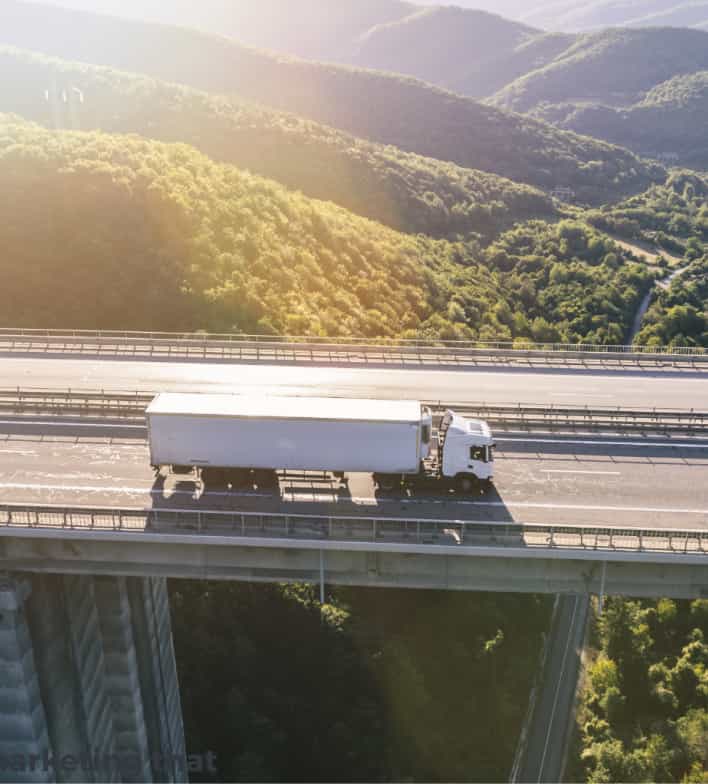As our world becomes more interconnected, the logistics industry is transforming from a simple mechanism of moving goods to a complex system that drives international trade, shapes economies, and influences consumer experiences. Today, the focus is shifting towards green logistics and sustainable transport solutions to address the urgent need for environmental conservation and climate change mitigation. This new approach to logistics not only supports global trade but also plays a pivotal role in reducing the environmental impact of moving goods around the world.
Pioneering Sustainable Practices in Logistics
Green logistics is the practice of managing the movement and storage of goods with minimal environmental impact. This involves a comprehensive array of activities, including eco-friendly transportation, energy-efficient warehousing, sustainable distribution methods, and meticulous inventory management. The goal is to ensure that goods are delivered efficiently while reducing carbon footprints and conserving natural resources.
Implementing sustainable practices in logistics is challenging due to the complexity of global supply chains and the need to balance efficiency with environmental responsibility. Here, we explore some of the major challenges and strategies for overcoming them:

Key Challenges in Green Logistics
Adoption of Eco-Friendly Technologies: Transitioning to sustainable logistics requires the adoption of new technologies such as electric vehicles, alternative fuels, and energy-efficient warehouse systems. These technologies can be expensive to implement initially, but they offer long-term savings and environmental benefits. Companies must invest in these technologies and ensure their workforce is adequately trained to utilize them effectively.
Regulatory Compliance: Logistics companies must navigate a landscape of diverse and often stringent environmental regulations. Compliance with emissions standards, waste management protocols, and sustainable sourcing policies is essential. Staying abreast of regulatory changes and integrating compliance into everyday operations is crucial for maintaining a sustainable logistics framework.
Sustainable Infrastructure: The development of sustainable transportation networks is essential for green logistics. This includes investing in electric trucks, ships powered by cleaner fuels, and rail systems that offer lower emissions. Overcoming infrastructure inadequacies and fostering collaboration with governments and other stakeholders to build eco-friendly transportation networks is key to success.
Cost Management: The shift to green logistics often involves significant initial investments. However, the long-term benefits such as reduced fuel costs, lower emissions, and an improved brand image can outweigh these expenses. Companies must develop strategies to manage these costs effectively while ensuring a positive return on investment in sustainability.


The Future of Sustainable Transport in Logistics
The future of logistics lies in the widespread adoption of green practices and sustainable transport solutions. As global awareness of environmental issues grows, the logistics industry must evolve to meet the demands of eco-conscious consumers and stricter regulatory standards. The integration of innovative technologies and sustainable practices will shape the future landscape of logistics, making it more efficient and environmentally friendly.
Companies that lead the way in adopting green logistics and sustainable transport solutions will not only reduce their environmental impact but also gain a competitive edge. By investing in eco-friendly infrastructure, staying compliant with environmental regulations, and embracing new technologies, these companies can ensure efficient and reliable delivery of goods while contributing to the sustainability of the global environment.
In conclusion, green logistics and sustainable transport solutions are transforming the logistics industry, offering a pathway to environmentally responsible global trade. By prioritizing sustainability, companies can meet the evolving demands of consumers, support global trade, and play a vital role in the preservation of our planet for future generations.



